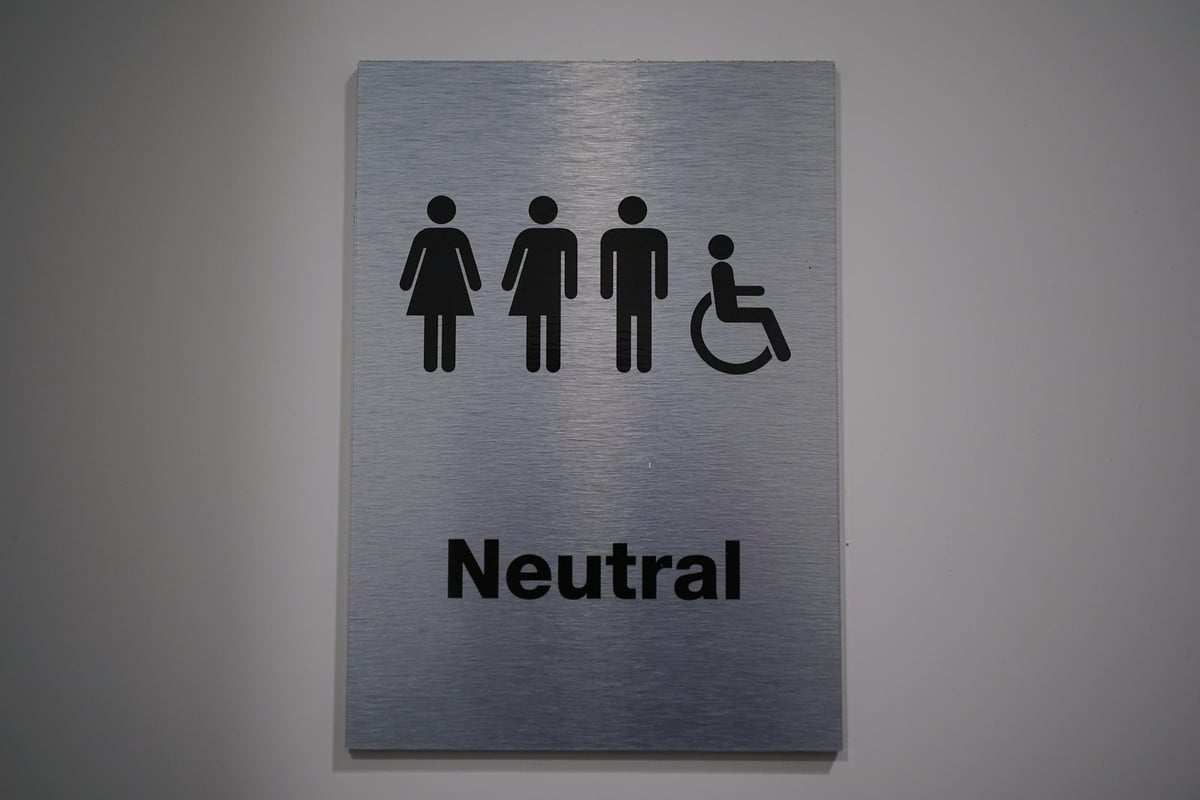Health
Female Engineer Sues Leonardo UK Over Mixed-Sex Toilet Policy

Maria Kelly, a female engineer, has initiated legal action against Leonardo UK, challenging the company’s policy on mixed-sex toilets. The case has garnered attention as it touches on complex issues surrounding workplace inclusivity and employee rights.
The Employment Tribunal is set to hear Kelly’s complaint, which alleges that the firm’s restroom arrangements have made her feel unsafe and uncomfortable. According to her claim, after an encounter with a transgender colleague, she was compelled to use what she describes as “secret toilets” to avoid potential discomfort.
This case raises significant questions about the balance between inclusivity and individual comfort in the workplace. Under the Equality Act 2010, employers are required to ensure all employees feel safe and respected. Kelly argues that the existing restroom policy at Leonardo UK fails to meet this standard.
Background of the Case
Maria Kelly has worked as an engineer for several years and claims her experiences at Leonardo UK have led to emotional distress. During her tenure, she has expressed concerns about the lack of private facilities that cater to women. She contends that her right to privacy and dignity in the workplace has been compromised.
The controversy surrounding mixed-sex toilets has been a divisive issue in various workplaces across the UK. Advocates for transgender rights argue that inclusive facilities are essential for the dignity and safety of all employees. Conversely, some individuals, like Kelly, assert that such policies can create discomfort and even fear among employees who may not feel secure in shared spaces.
As the case moves forward, it is expected to attract significant attention from both supporters and detractors of mixed-sex facilities. Legal experts suggest that the outcome may have broader implications for workplace policies across the country.
Public Reactions and Implications
The legal action has sparked a variety of reactions from the public and advocacy groups. Some argue that Kelly’s case highlights the need for better accommodations for women in the workplace, especially in industries traditionally dominated by men. Others believe that the situation underscores the importance of creating an inclusive environment for all employees, regardless of gender identity.
In a statement, Leonardo UK has expressed its commitment to diversity and inclusion, emphasizing that it continually reviews its policies to ensure they align with legal requirements and best practices. The company has not publicly commented on the specifics of Kelly’s case, citing ongoing legal proceedings.
As the tribunal date approaches, many are keen to see how this case will influence the ongoing dialogue about gender identity, privacy rights, and workplace policies in the UK and beyond. The outcome may set a precedent for how companies navigate the complexities of inclusivity while respecting the individual needs of all employees.
Maria Kelly’s case reflects a significant moment in the ongoing conversation about rights and responsibilities in the workplace, highlighting the delicate balance between accommodating diverse identities and ensuring a safe environment for every employee.
-

 Health3 months ago
Health3 months agoNeurologist Warns Excessive Use of Supplements Can Harm Brain
-

 Health3 months ago
Health3 months agoFiona Phillips’ Husband Shares Heartfelt Update on Her Alzheimer’s Journey
-

 Science1 month ago
Science1 month agoBrian Cox Addresses Claims of Alien Probe in 3I/ATLAS Discovery
-

 Science1 month ago
Science1 month agoNASA Investigates Unusual Comet 3I/ATLAS; New Findings Emerge
-

 Science4 weeks ago
Science4 weeks agoScientists Examine 3I/ATLAS: Alien Artifact or Cosmic Oddity?
-

 Entertainment4 months ago
Entertainment4 months agoKerry Katona Discusses Future Baby Plans and Brian McFadden’s Wedding
-

 Science4 weeks ago
Science4 weeks agoNASA Investigates Speedy Object 3I/ATLAS, Sparking Speculation
-

 Entertainment4 months ago
Entertainment4 months agoEmmerdale Faces Tension as Dylan and April’s Lives Hang in the Balance
-

 World3 months ago
World3 months agoCole Palmer’s Cryptic Message to Kobbie Mainoo Following Loan Talks
-

 Science4 weeks ago
Science4 weeks agoNASA Scientists Explore Origins of 3I/ATLAS, a Fast-Moving Visitor
-

 Entertainment4 months ago
Entertainment4 months agoLove Island Star Toni Laite’s Mother Expresses Disappointment Over Coupling Decision
-

 Entertainment3 months ago
Entertainment3 months agoMajor Cast Changes at Coronation Street: Exits and Returns in 2025









